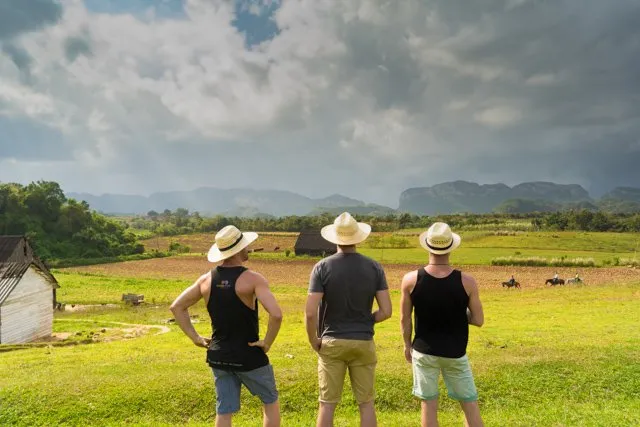In recent years, ecotourism has gained popularity among travelers who seek to connect with nature and contribute to its conservation. This type of tourism involves visiting natural areas with a focus on education and sustainability, while minimizing negative impacts on the environment and supporting local communities. Ecotourism can take many forms, from trekking in a remote rainforest to visiting a sustainable farm or marine reserve. In this article, we will explore the benefits of ecotourism and provide tips for planning an eco-friendly trip.
Benefits of Ecotourism
Ecotourism has many benefits for travelers, local communities, and the environment. For travelers, it offers a unique and authentic experience of natural and cultural heritage. Ecotourism activities such as hiking, birdwatching, and wildlife watching can also promote physical and mental wellbeing. Additionally, ecotourism can support the local economy by creating jobs and income for local communities, while preserving their traditional lifestyles and cultures. Finally, ecotourism can help to conserve natural resources and protect biodiversity by raising awareness and generating funds for conservation efforts.
Tips for Planning an Eco-Friendly Trip
Planning an eco-friendly trip requires careful consideration of various factors, such as transportation, accommodation, activities, and food. Here are some tips to help you plan an environmentally responsible and socially conscious trip:
- Choose a sustainable mode of transportation: Whenever possible, choose public transportation, cycling, or walking instead of driving or flying. If you must fly, consider purchasing carbon offsets to mitigate your carbon footprint.
- Stay in eco-friendly accommodation: Look for accommodations that have implemented sustainable practices such as energy and water conservation, waste reduction, and the use of renewable resources. You can also support eco-friendly hotels and lodges that support local communities and wildlife conservation.
- Support local communities: Eat local foods and buy local products to support the local economy. Choose tours and activities that benefit local communities, such as guided walks or cultural experiences.
- Respect local cultures and customs: Learn about the local culture and customs before you travel, and respect them while you are there. Dress appropriately, ask for permission before taking photos, and follow local customs and etiquette.
- Minimize your environmental impact: Avoid littering, reduce your energy and water consumption, and dispose of waste responsibly. Use reusable water bottles, bags, and containers instead of disposable ones.
- Choose sustainable activities: Choose activities that promote education, conservation, and sustainability, such as visiting a nature reserve or a sustainable farm. Avoid activities that harm animals or their habitats, such as riding elephants or swimming with captive dolphins.
Conclusion
Ecotourism offers a unique and sustainable way to explore the world while contributing to its conservation and supporting local communities. By following these tips, you can plan an eco-friendly and socially responsible trip that will leave a positive impact on the environment and local communities. Remember that ecotourism is not only about the destination but also about the journey, so take the time to enjoy the beauty of nature and connect with the local culture and people.




